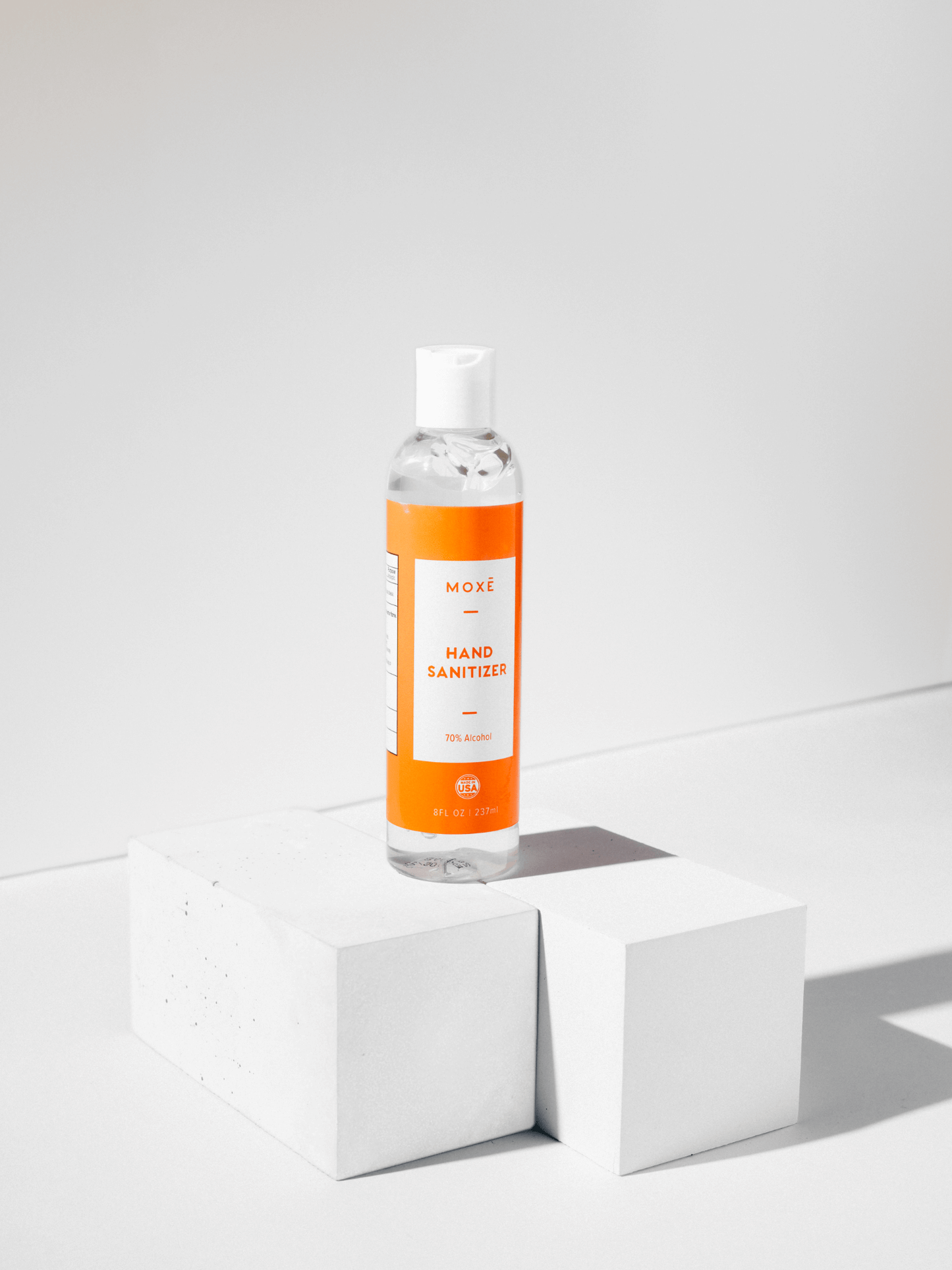Hand Sanitizer
Hand Sanitizer
Couldn't load pickup availability
Benefits
Benefits
Why MOXĒ?
Why MOXĒ?
Ingredients
Ingredients
Recommended Use
Recommended Use

Frequently Asked Questions
Can I stick the Inhaler directly in my nose?
We DO NOT recommend sticking the inhaler directly in your nose or making direct skin contact with the tip of the inhaler. The reason is that, in an effort to deliver the strongest possible smell from our inhalers, we do not dilute the Essential Oils that are inside of the inhaler. Essential Oils on their own are extremely potent and can cause skin irritation or discomfort. Please follow the instructions on the packaging to ensure proper use of our product.
How long does each inhaler last?
Our Inhalers are surprisingly long lasting, especially if you are diligent about recapping the product after use. The life span of an inhaler depends on the frequency of use. On average, for an inhaler being used multiple times daily, although the scent rarely ever completely disapears, you will find that the potency begins to diminish after 30 days. During less frequent use, the inhaler will last much longer, up to 3 months or more
Can I refill my MOXĒ Inhaler?
Due to the extreme potency of Pure Essential Oils, we do not recommend attempting to refill your MOXĒ Inhaler.
What if I don't feel the benefits?
It is commonly stated that Essential Oils have been used for a wide range of purposes, including medicinal, therapeutic, and aromatic benefits, for thousands of years. Because of this, the expectation is often that Essential oils will provide instant or dramatic results for everyone.. This is not the case, and it is due to several important factors. Individual Variability: Each person's body and physiology are unique. What works effectively and quickly for one individual may not have the same effect on another. Factors like genetics, age, overall health, and individual sensitivities can all play a role in how a person responds to essential oils.
Specific Needs and Goals: People use essential oils for a wide range of purposes, from relaxation and stress reduction to pain relief and skincare. The effectiveness of an essential oil often depends on whether it addresses the specific needs and goals of the individual. An oil that works well for one purpose may not be as effective for another.
Consistency and Timing: Essential oils sometimes require consistent and regular use over time to produce noticeable results. It's not uncommon for individuals to experience gradual improvements rather than instant or dramatic changes. Patience and consistency are often key to achieving the desired outcome.
Proper Usage: The effectiveness of essential oils also depends on their proper usage. Dilution, application methods, and dosage all play a significant role in how effective an essential oil can be. If not used correctly, an oil may not produce the expected results.
Complex Health Factors: Some health conditions are complex and may require a multifaceted approach to treatment. Essential oils can be a valuable part of a holistic wellness plan, but they may not be the sole solution for more serious or chronic health issues.
Psychological and Emotional Factors: The perception of benefits from essential oils can be influenced by psychological and emotional factors. Aromatherapy is closely tied to our senses and emotions, and a person's mood, expectations, and mindset can affect their perception of an oil's effectiveness.
Safety Considerations: Essential oils should be used safely and in accordance with recommended guidelines. Using too much or applying undiluted oils to the skin can lead to adverse reactions, which may overshadow potential benefits.

